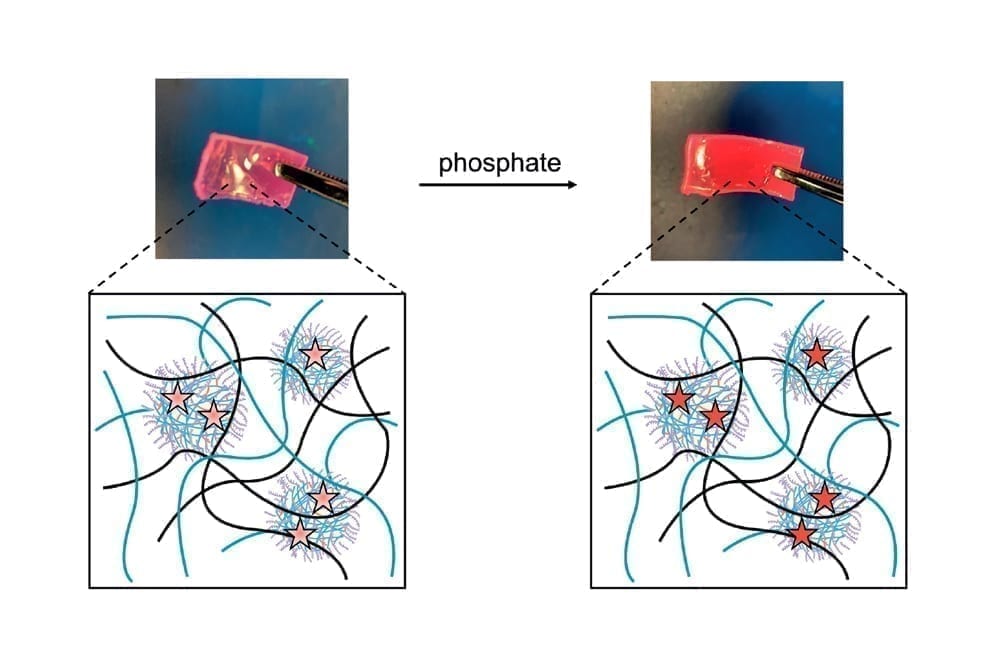
Collaboration I
A novel polymeric ion sensor
New robust material for effective encapsulation of molecular sensors
The accurate detection of ions in solution is critical across a number of fields,including point-of care diagnostics to monitor blood content; industrial quality control to detect contaminants; and food safety and security.
However, a major obstacle is the ability to immobilise ion sensors within robust materials which can be integrated into existing devices for monitoring samples in real-time.
Current limitations
The majority of sensors have not yet been adapted into materials, hindering the development of portable sensing devices. Previous attempts to immobilise sensors into materials or onto surfaces have limitations – including diminished function due to changes in the sensor’s chemical structure, and significant leaching of the sensor from the material over time, causing unreliable measurements and preventing reuse of the sensor.
New problem solving technology
Experts at Loughborough University have developed a new robust material capable of encapsulating a range of sensors effectively, overcoming current limitations.
Potential applications
This new technology has the potential to address sensing needs across multiple markets, including:
+ Agriculture
+ Environment
+ Food and Water safety
+ Medical diagnostics
+ Security and defence
Their patented hydrogel technology creates a versatile platform for the incorporation of a range of commercially available sensors which exhibit several advantageous properties:
+ Minimal leaching of the sensor over time
+ A rapid and reliable read-out signal
+ Flexible size and shape that can be tuned for use in a variety of devices, including microfluidic platforms
+ Potential to monitor multiple analytes simultaneously
+ Multiple re-use of the sensing material
In collaboration with Loughborough University, the utility and scalability of the hydrogel platform has been demonstrated by the incorporation of several novel and commercially available luminescent sensors (e.g. the phosphate sensor shown below).


